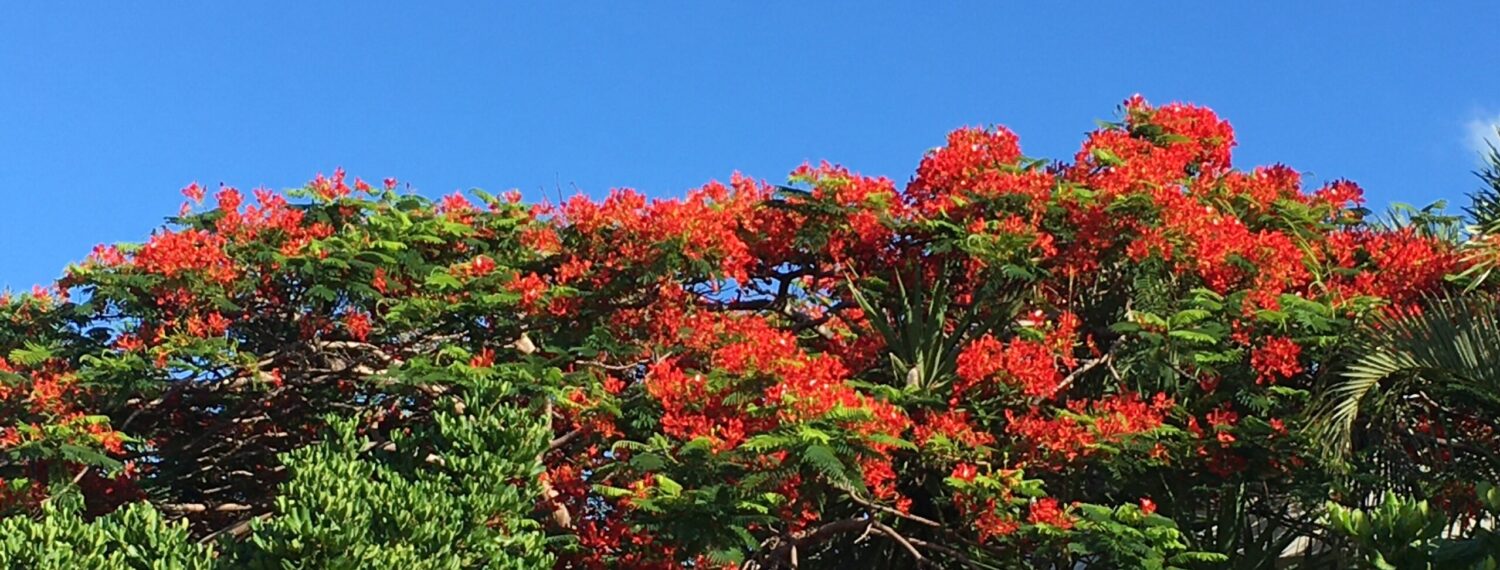View of Practice
Buddhist practice is always based on view, meditation, and action. I want to talk about Bodhicitta teachings within this context.
According to the Mahayana perspective, the view is the understanding of the nature of reality through suffering. Meditation is like our tonglen practice or the daily spiritual practices we do, that are based on love and compassion. Then we have action. What is the significance of Bodhicitta practice in action? Bodhicitta in action is going to bring up all of our limitations in an experiential way. From this direct experience, we can acquire true actualization of Bodhicitta mind, not as a temporary spiritual experience, but one that takes place deep in our hearts, one that we can feel in our bones.
Maybe we are in a place where there is much suffering. Our compassion will not be lost when we have true realization in our hearts. To do that, we have to go beyond our fear and hope, which arises from resistance to reality.
To be a living Bodhisattva in this lifetime, we need to defeat or conquer fear and hope. We should be encouraging ourselves to go into that cosmic landfill and bring up all of our limitations to the surface. Then we will have a chance to study them. We can study them and then go beyond them when we see their true nature. This is the Bodhisattva’s path.
There is a beautiful prayer in the Bodhisattva’s teachings. It says, “May I encounter all unwanted circumstances.” This is a revolutionary prayer, because we usually pray to not have misfortune. Christians are not the only ones who grovel in this way. Buddhists do too. When I was in the Jowo Rinpoche temple in Lhasa, I overheard all kinds of prayers—for many yaks, success, and longevity.
But, this Bodhisattva prayer is a very different prayer, a reversal prayer. We are asking God, or Buddha, or Avalokiteshvara to send us things we don’t want. Of course, we don’t need any unwanted circumstances. All we have to do is face reality. Reality shatters our mind completely, pushes our buttons, and brings up all the limitations of hope, fear, doubt, and laziness. Then we can go beyond them, because they are seen to be as insubstantial as the clouds passing in the sky. Like when I tell the Acharya Asanga story: because he was willing to sacrifice his ego, Asanga licked the maggots out of the dog’s wound and had a direct experience of the Buddha Maitreya. By truly seeing someone’s suffering, in his case the dog that was suffering with a horrible wound, and the maggots that were eating its flesh, he was able to completely experience love and compassion.
Similarly, sometimes all we need to do is face unwanted circumstances in order to completely wake up to reality. When we do this, compassion and love arises in us spontaneously. This is the courageous Bodhisattva action. For instance, when we hate somebody there is a part of ourselves that does not perceive the pain and suffering of that person. We are perceiving the person mechanically, in a material way. This is the ultimate blindness, when we do not perceive fundamental components of other beings, when we do not see their own enlightened potential and thus mistake appearances for actual reality.
Let’s say you don’t like somebody. There is a part of us that has rejected that person because we have perceived that person as a mechanical entity. This means we do not perceive them as having thoughts and feelings and deeply ingrained tendencies, the same as ourselves. We see that person as separate and different, not recognizing the fear and existential pain manifesting in them because we have not addressed these elements within our own being. But when we recognize those components—fear, pain, suffering, the rich emotional vitality of life—love and compassion arise naturally, without intention. Bodhicitta mind springs forth from oneself without any effort. When we don’t recognize those fertile qualities of beings that contain the awakened potential, we may try to have more love and compassion, but these vain efforts only turn our hearts into rock. Our mind becomes more untamed because it continues to rely on fabrications about how we think others should be, because we persist through unchecked notions about ourselves, about how we think we should be.
But, the Bodhisattva’s way of developing love and compassion is to visit the cosmic landfill, which means going beyond our habitual inclinations that perceive everything as separate, and digging into the rich soil of our minds to discover our naked awakened state.
Source: Used with permission from https://sourcepointglobaloutreach.org/what-we-offer/
